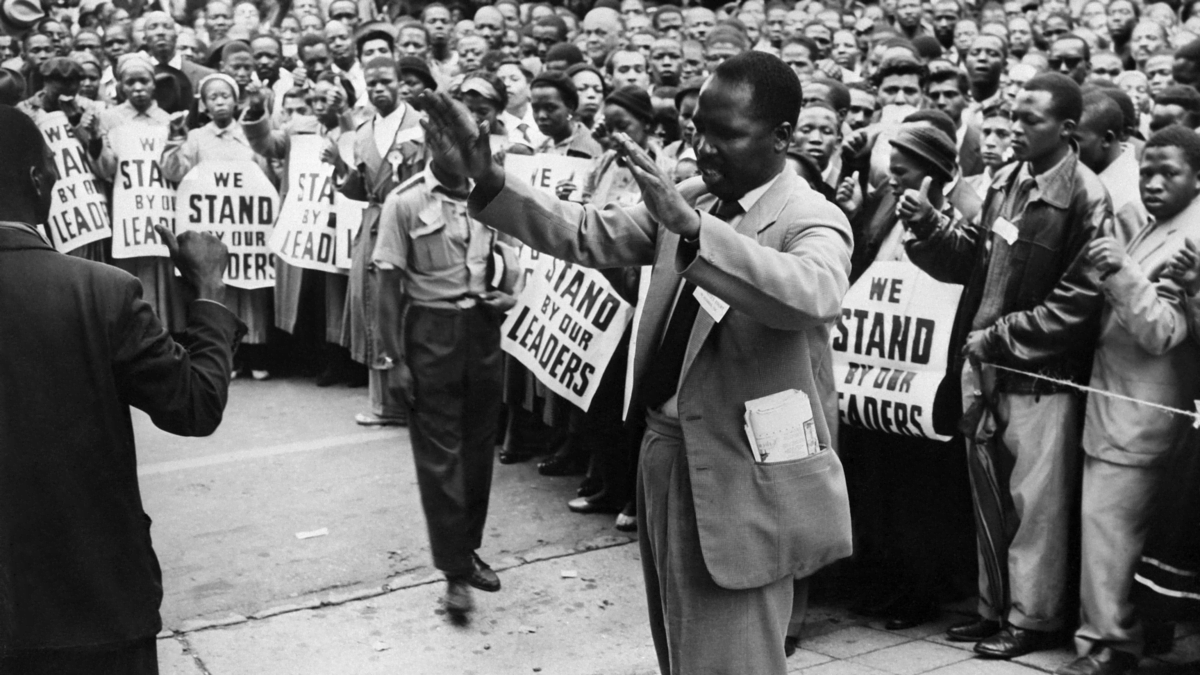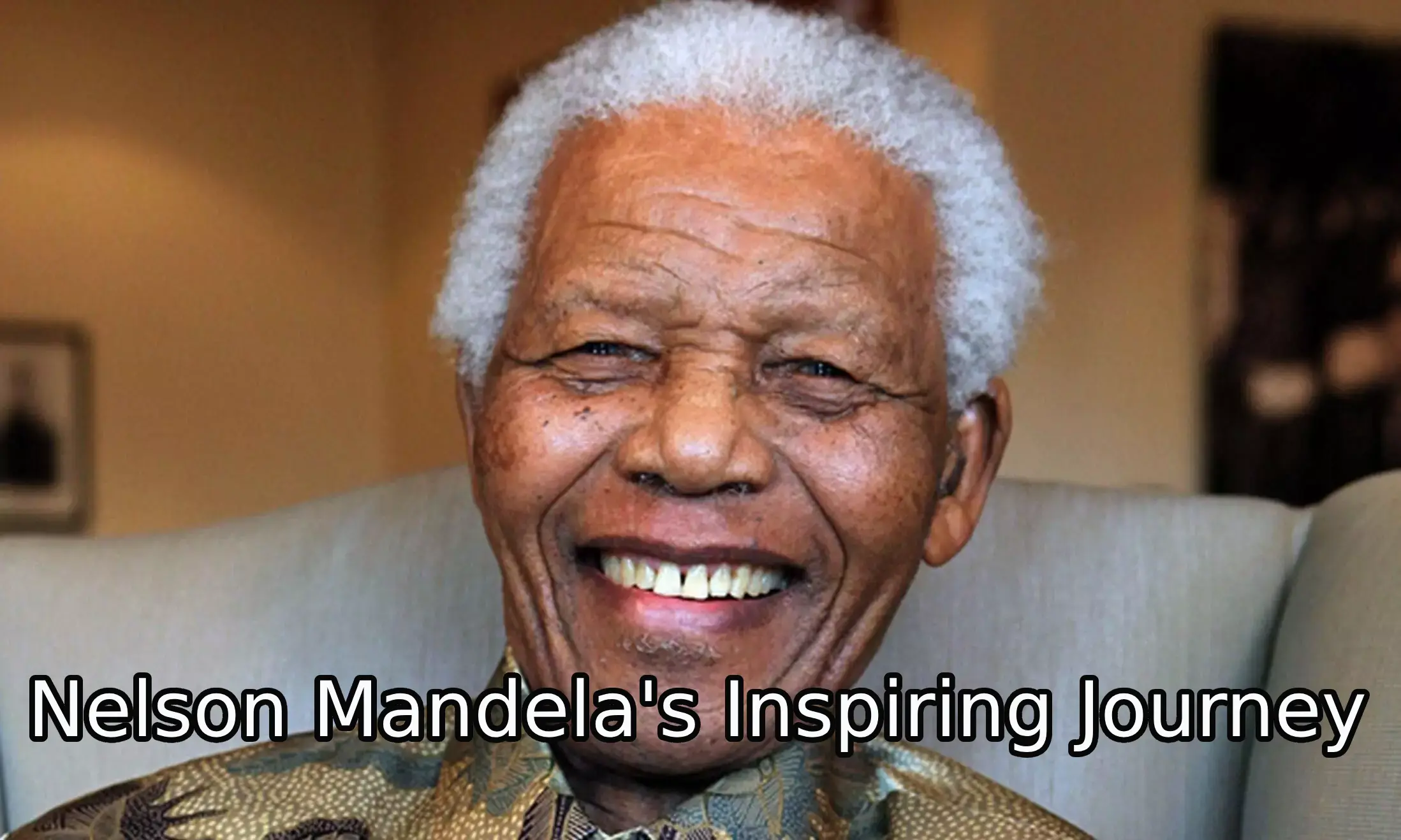Introduction: Nelson Mandela: Inspiring Life of a Heroic Leader | Biography and Legacy
Celebrating Nelson Mandela: Honoring the Inspiring Life of a Heroic Leader on His Birth Anniversary, 18 July Nelson Mandela International Day.
In this article, we delve into the extraordinary life and enduring legacy of Nelson Mandela, a renowned global icon born on 18 July 1918, Mvezo South Africa. From his humble beginnings in rural South Africa to his unwavering fight against apartheid and subsequent presidency, Mandela’s story is a testament to the triumph of justice, equality, and human rights. Join us as we explore the key milestones and significant contributions of this remarkable leader, whose unwavering commitment to peace and reconciliation continues to inspire millions around the world.
Early Life and Education of Nelson Mandela

Nelson Rolihlahla Mandela was born on July 18, 1918, in the village of Mvezo, Transkei, South Africa. Coming from the Xhosa tribe, Mandela grew up in a society deeply affected by racial inequality and oppression. Despite the challenging circumstances, he showed remarkable academic promise and eventually attended the University of Fort Hare, where he pursued a Bachelor of Arts degree.
Activism Against Apartheid

Mandela’s journey as an activist against apartheid began in the 1940s. He joined the African National Congress (ANC), a political party that fought for the rights of black South Africans, and became increasingly involved in advocating for racial equality. Recognizing the power of nonviolent resistance, Mandela played a pivotal role in organizing peaceful protests, boycotts, and strikes.
However, as the apartheid regime intensified its oppressive measures, Mandela realized that more robust action was necessary. He co-founded the ANC’s armed wing, Umkhonto we Sizwe (MK), in 1961, leading a campaign of sabotage against government institutions. These actions ultimately resulted in his arrest and subsequent imprisonment.
Imprisonment and Robben Island

On June 12, 1964, Mandela was sentenced to life imprisonment for charges of sabotage and conspiracy against the state. He was incarcerated on Robben Island, a remote prison off the coast of Cape Town. Mandela’s imprisonment lasted for 27 years, during which he endured numerous hardships but remained resilient in his pursuit of justice.
While imprisoned, Mandela became a symbol of resistance against apartheid. His unwavering determination, coupled with international pressure, eventually led to his release on February 11, 1990, marking a pivotal moment in South African history.
Negotiations and Presidency

Following his release, Mandela dedicated himself to achieving a peaceful transition to democracy in South Africa. He led negotiations with then-President F.W. de Klerk, resulting in the dismantling of apartheid and the country’s first multiracial elections. In 1994, Nelson Mandela became the first black president of South Africa, a historic milestone that symbolized the triumph over racial injustice.
Legacy and Impact

Nelson Mandela’s impact extended far beyond his presidency. His leadership and vision laid the foundation for a new South Africa built on principles of equality, justice, and reconciliation. Mandela worked tirelessly to promote social harmony and healing, establishing the Truth and Reconciliation Commission to address the atrocities committed during apartheid.
His commitment to peace and human rights earned him international acclaim, leading to numerous awards and honors, including the Nobel Peace Prize in 1993. Mandela’s unwavering dedication to freedom and equality serves as an inspiration not only to South Africans but to people worldwide.
Conclusion : Inspiring the World
Nelson Mandela’s life exemplifies the transformative power of perseverance and forgiveness. From his early activism to his presidency, his unwavering commitment to justice and equality continues to inspire a better future for all.
Nelson Mandela’s life journey embodies the indomitable spirit of a true hero. From his early activism to his remarkable presidency, he tirelessly fought for justice, equality, and human rights. Mandela’s legacy continues to inspire individuals and nations alike, reminding us of the transformative power of forgiveness, reconciliation, and the pursuit of a better world for all.


